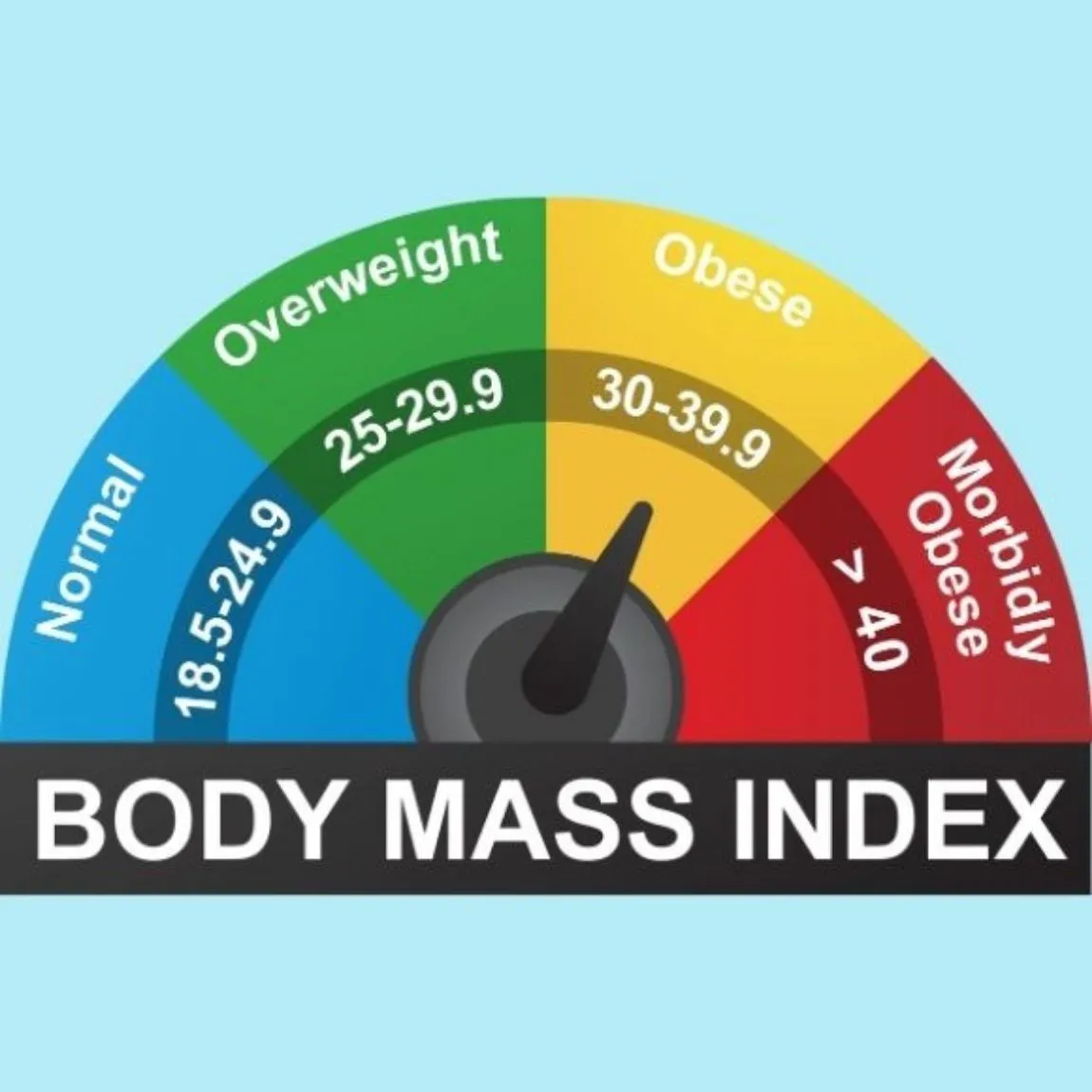 Book Appointment
Book Appointment
Obesity is more than just “excess weight.” It is a chronic disease that occurs when there is an abnormal or excessive accumulation of body fat that can impair health. In recent years, obesity has become one of the most pressing health concerns in India, including cities like Vadodara, Surat, Ahmedabad, Bengaluru etc. With modern lifestyles, sedentary habits, and the widespread availability of high-calorie foods, obesity rates are steadily rising.
Patients often ask: “What is obesity? What causes it? Can obesity be cured? How can obesity be prevented?” This comprehensive page is designed to answer these questions and more, guiding you with accurate medical insights and practical advice.
At our surgical and weight management practice, we have seen firsthand how obesity impacts individuals physically, emotionally, and socially. With over 25 years of specialized surgical experience, more than 8,000 successful laparoscopic surgeries, and 400+ bariatric surgeries, our team is committed to helping patients achieve healthier lives with compassion and advanced medical care.
The World Health Organization (WHO) defines obesity as a Body Mass Index (BMI) of 30 or higher. BMI is a simple calculation of weight in kilograms divided by the square of height in meters.

In India, due to genetic and metabolic differences, lower BMI cut-offs are often used:

This means many Indians are at risk of obesity-related diseases at lower BMI levels compared to Western populations.
Simply put, obesity means carrying more fat than the body can safely handle, leading to serious health problems.
Many people think obesity is only about appearance, but the truth is obesity affects nearly every organ in the body.

India is experiencing an obesity epidemic. Studies show that urban areas like Vadodara, Ahmedabad, Surat, Bangalore, Indore etc. report higher obesity rates compared to rural regions.
Key Statistics:
The cultural preference for carbohydrate-rich diets (rotis, rice, farsan, sweets) combined with sedentary jobs in offices and IT sectors has contributed to rising obesity cases.


Preventing obesity is far easier than treating it.
Tips for Prevention:


Patient Information Guide